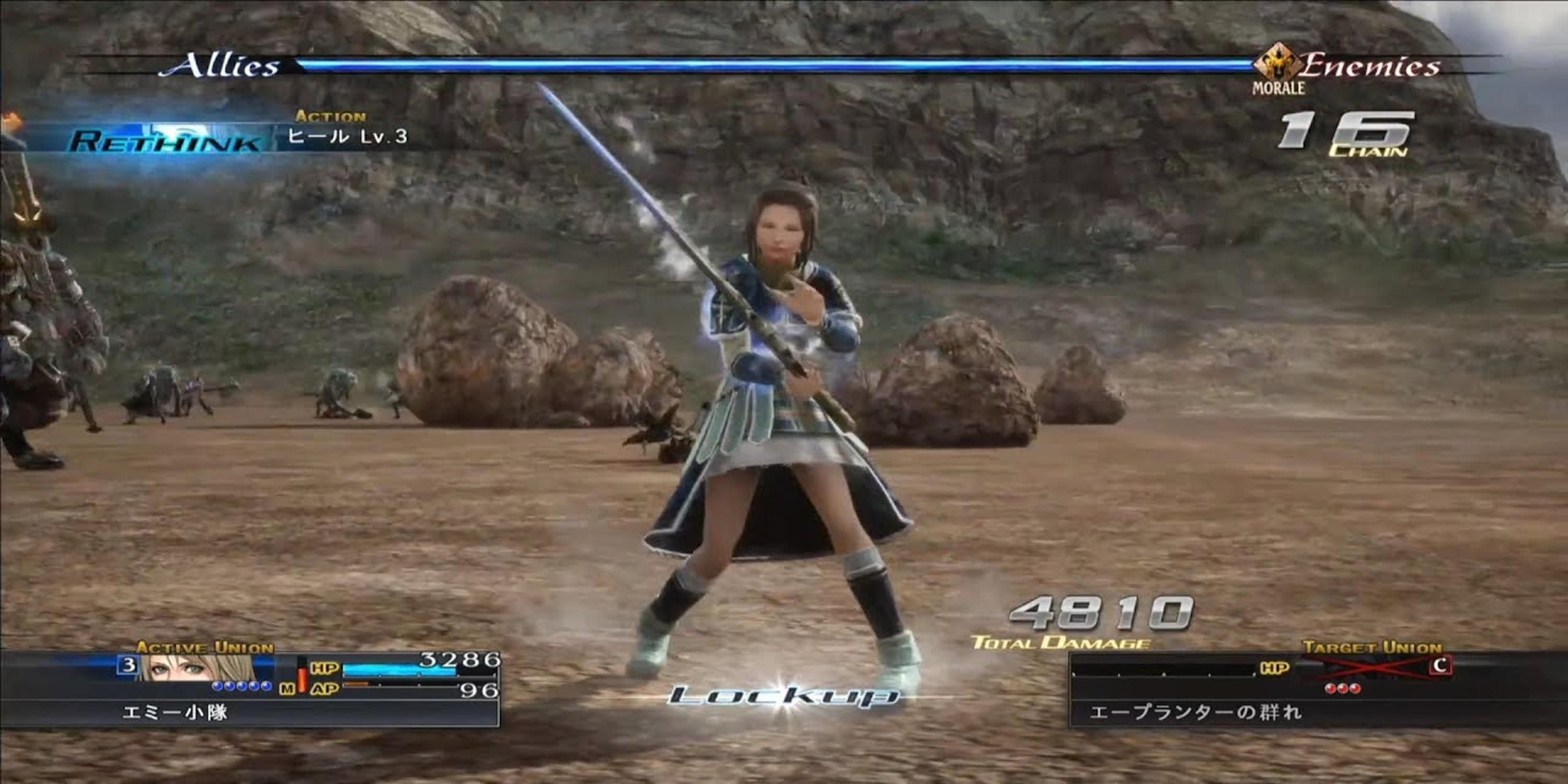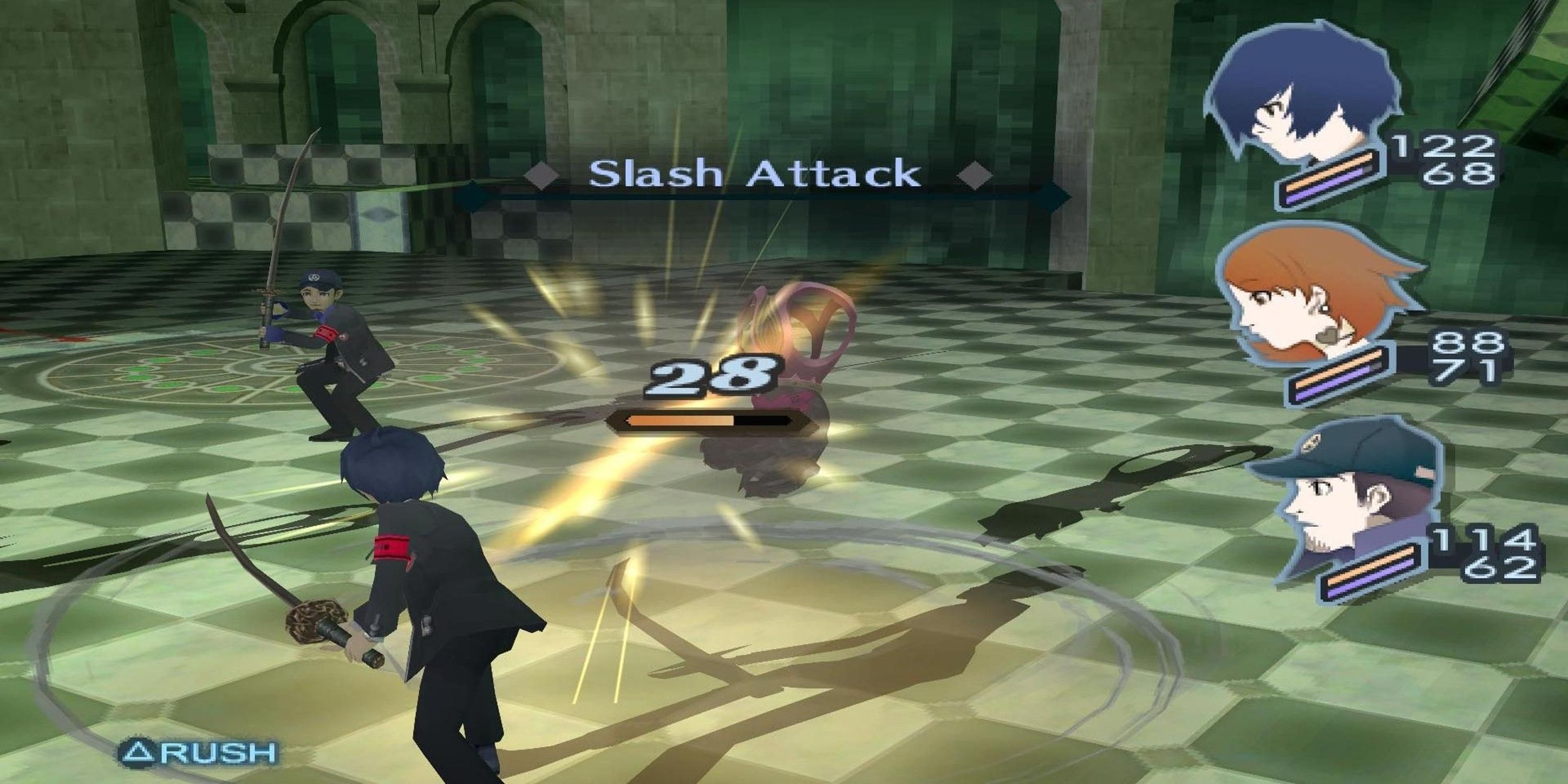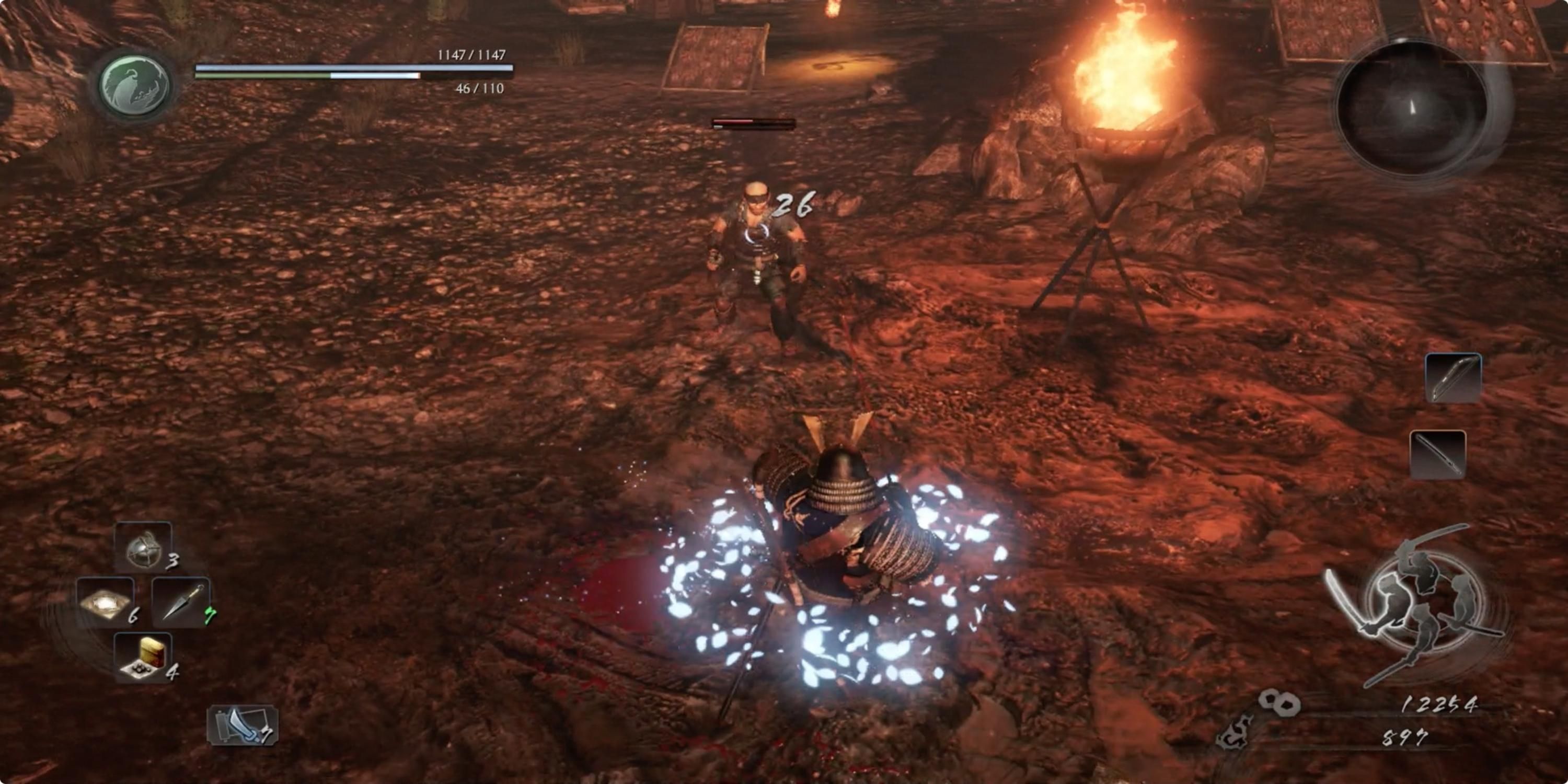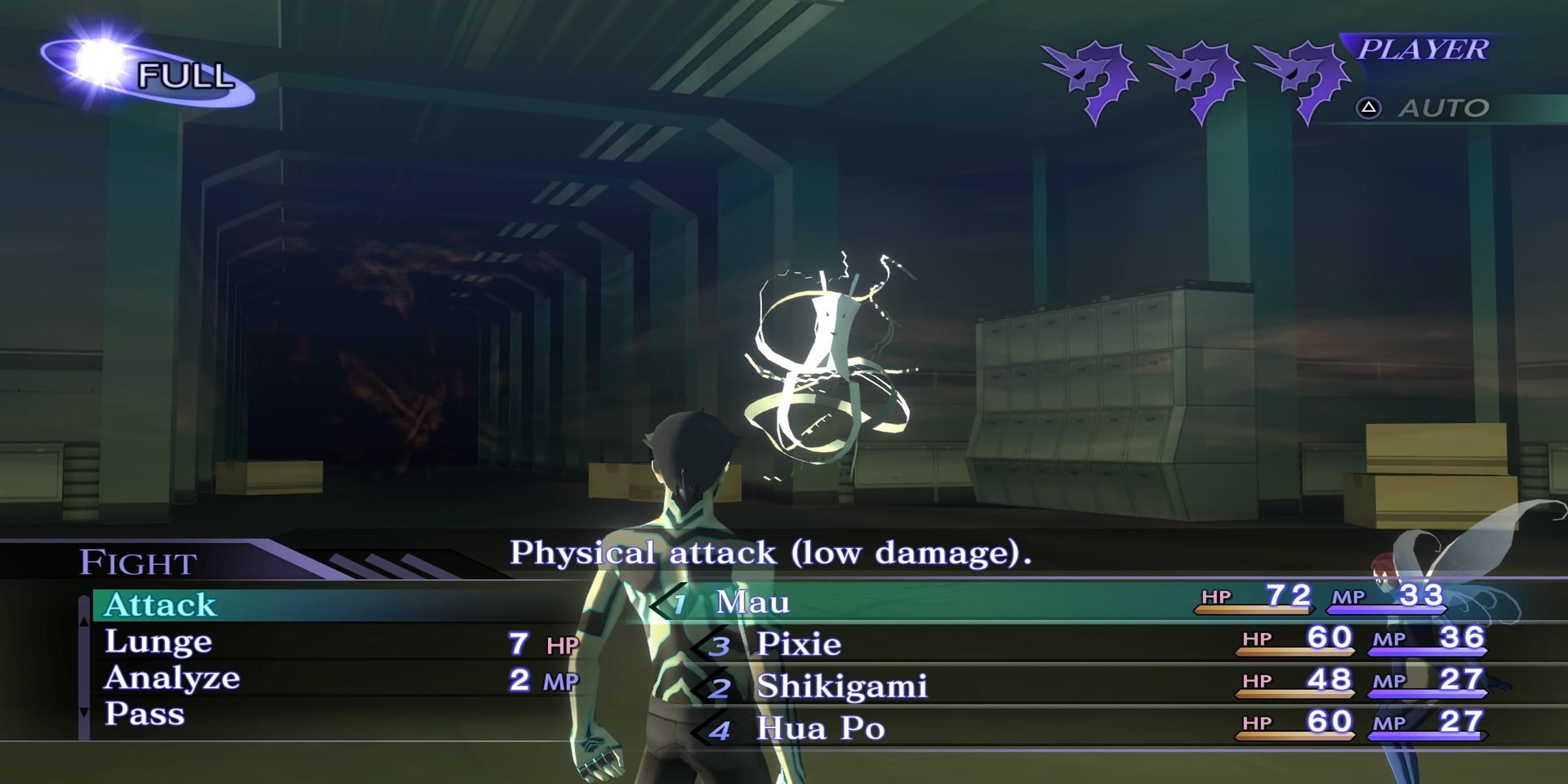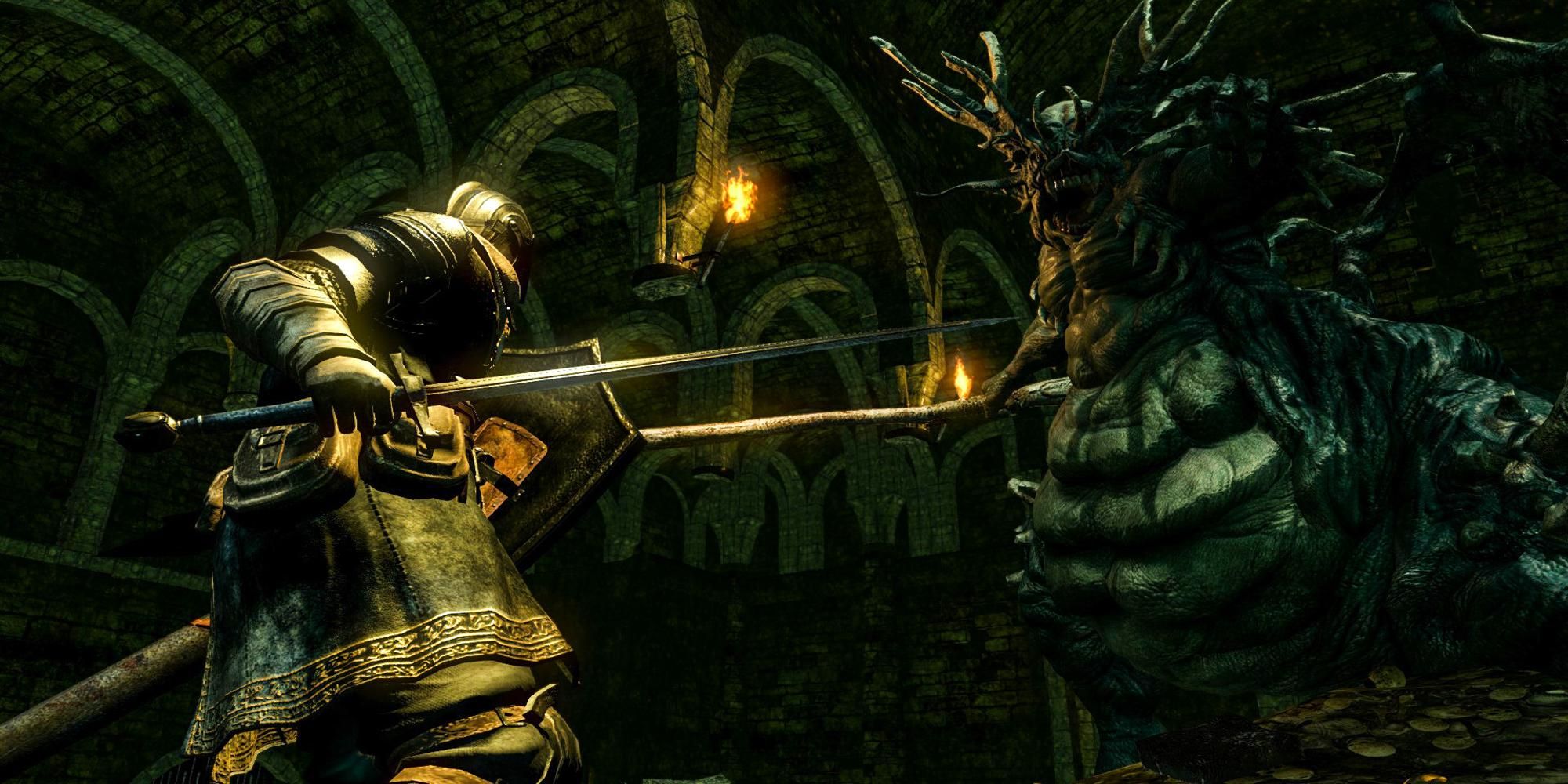What are the Hardest RPGs ever released?

RPGs are often celebrated for their deep storytelling and expansive worlds, but some don’t just tell a story, they demand players survive it. These are the kinds of games that test patience, punish missteps and leave no room for error. They require more than time and grinding; they demand understanding, adaptability and sometimes, the sheer will to suffer.

Related
10 Best RPG Shooters That Perfectly Blend The Genres
Lock and load. It’s time to choose the top RPG shooters that combine the best of both genres.
From brutally cryptic systems to punishing boss designs and save files that can betray a single mistake, the RPGs below represent the genre at its most unforgiving. Some are hard by design. Others feel like they’re fighting the player every step of the way. But all of them have one thing in common: finishing them is never guaranteed.
6
Final Fantasy X/X-2
When Dress Spheres Hide the Pain
Most don’t think of Final Fantasy X as hard. But that’s usually because they didn’t fight the optional bosses. Endgame content like the Dark Aeons and Penance are some of the most punishing fights in the entire franchise — with stats so inflated that even maxed-out parties can get wiped in seconds without precise planning.
X-2 only cranks that difficulty further. The Dressphere system is deep, flexible and punishing if misused. Bosses exploit status effects constantly, and the International/HD versions add extra superbosses that test not just the player’s build, but their timing and decision-making every turn. Some enemies even require specific counters to be beatable at all.
And then there’s the 100% completion challenge, an infamously strict checklist that demands perfect choices, timed dialogue inputs and optional scenes that only trigger under convoluted conditions. Missing a single thing means starting over.
It’s not always fair. But it’s deliberate. These games aren’t hard because of bad design, they’re hard because they expect perfection, and punish anything less.
5
The Last Remnant
Victory Is Measured in Inches, and Then You Lose Them Anyway
Even fans of complex battle systems found themselves blindsided by what The Last Remnant threw at them. Battles aren’t fought with individual units, but “unions”, which are groups of characters lumped into single commands. Strategy is dictated through vague tactical suggestions like “Attack with combat arts” or “Play it by ear,” while the actual execution is determined behind the scenes.
The game doesn’t allow manual control of abilities. Players are at the mercy of RNG that chooses actions for them based on team morale and internal logic that the game never fully explains. There’s also a hidden battle rank system that punishes players for grinding by scaling enemy stats, making combat harder the longer players try to prepare.
What’s left is a game where planning only gets players halfway there, and the other half is pure guesswork. Many never finish it. Those who do usually only manage it on a second or third attempt, armed with spreadsheets and guides that decode what the game itself never bothers to explain.
4
Persona 3
Where Every Encounter Feels Like a Confession
Before Persona 5 made the series stylish and accessible, Persona 3 was content to bury players in anxiety and attrition. The battle system here uses a one-more mechanic — where exploiting an enemy’s weakness gives a bonus turn — but it cuts both ways. Getting caught unprepared often means a complete wipe in a single round.
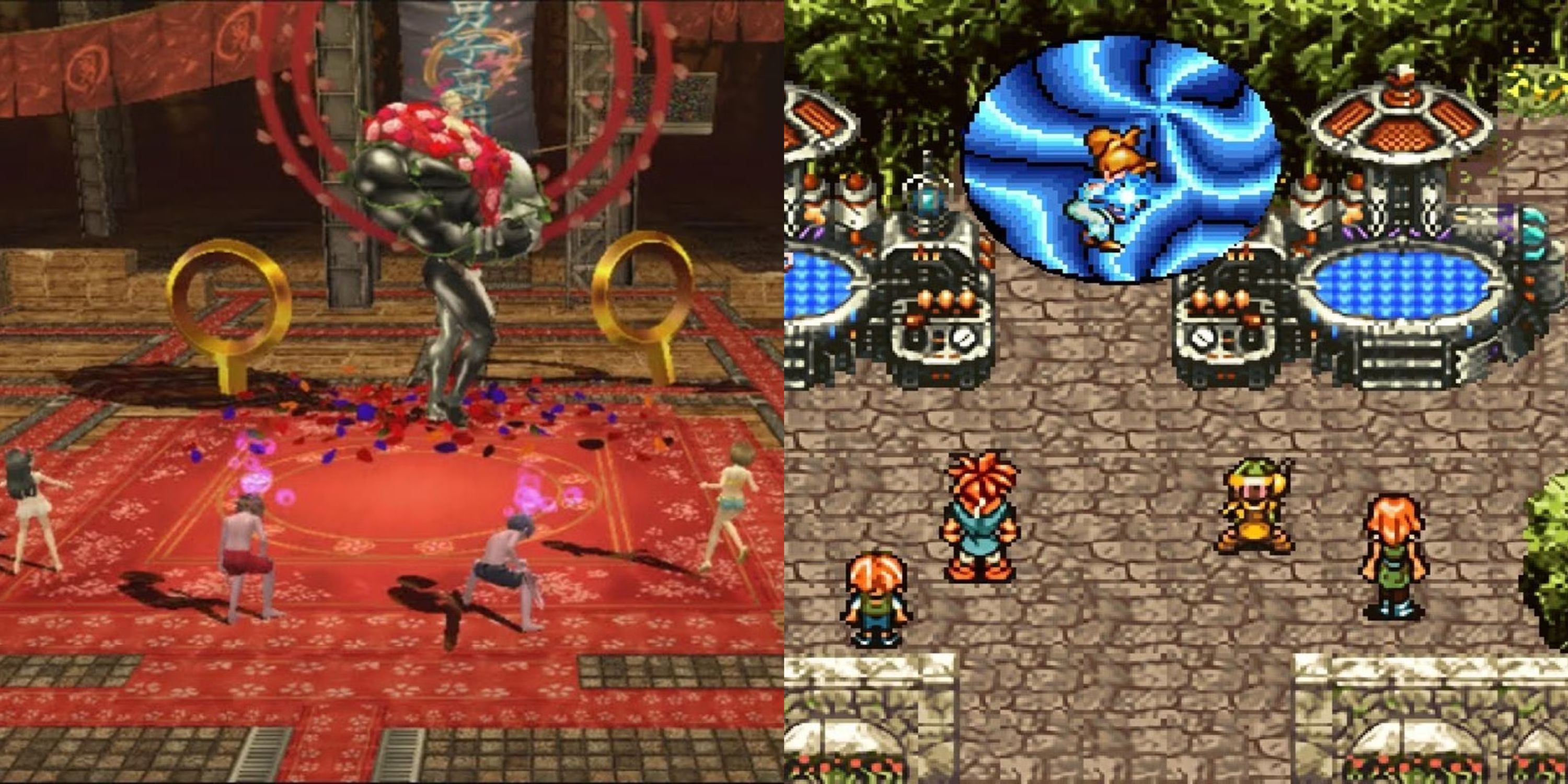
Related
6 JRPGs with the Best Stories
These unforgettable JRPGs tell some of the genre’s most powerful stories, from emotional epics to time-twisting journeys and political betrayals.
But it isn’t just the battles that push back. The dungeon, Tartarus, is a 200+ floor monolith with randomized layouts and minimal visual variety. Fatigue builds up the longer party members are inside, eventually forcing them to rest or risk becoming useless mid-fight. Add in permadeath for the protagonist, who if knocked out ends the entire run, and the margin for error becomes paper-thin.
The social sim mechanics and time management system don’t offer much relief either. Messing up relationship priorities can lock players out of late-game fusions or even cause key events to be missed. Persona 3 doesn’t just ask players to be strong — it demands they be efficient, cautious and always calculating.
3
Nioh
The Game that Teaches You to Respect Every Swing
It looks like a Soulslike. It feels like a Soulslike. But Nioh doesn’t play like one. Combat is faster, more technical and built around punishing mismanagement of Ki — the game’s version of stamina — that is constantly drained through attacking, blocking, dodging and even just existing near enemies.
The Ki Pulse mechanic, which demands rhythmic button presses to recover stamina mid-action, is essential. Neglecting it even once in a serious fight often leads to death. Each enemy can kill in just a few hits. And boss fights — often featuring yokai or corrupted samurai — aren’t just difficult, they’re mechanical gauntlets that reward muscle memory, not just patience.
The difficulty spike in Nioh isn’t limited to a single moment. It’s a slope that never really plateaus. Enemy movesets grow more complex, and later missions sometimes throw multiple bosses at once. Building the wrong stats or choosing the wrong Guardian Spirit early on can trap players in runs they can’t escape from.
2
Shin Megami Tensei 3: Nocturne
When Demons Have More Discipline Than the Player
There’s no prep for how fast Nocturne humbles players. It opens with the end of the world, but that’s the easy part. What follows is a relentless barrage of fights that exploit every weakness and punish every careless move.
The game’s signature Press Turn system lets players gain extra moves for hitting elemental weaknesses — but again, it cuts both ways. If an enemy lands a crit or finds a weak spot, it can chain turns together and wipe out an entire party in a single round. The bosses like Matador appear early and gate progress behind understanding game mechanics most RPGs don’t expect until the endgame.
Even recruitment is brutal. Talking to demons can fail for arbitrary reasons. Some ask for money and items and then disappear. Others simply refuse to join if they don’t “like your vibe.” Add in punishing dungeons like the Labyrinth of Amala, and Nocturne quickly becomes a test of endurance, not just skill.
What really elevates it as one of the hardest RPGs of all time is how little it tells the player. There are few hints. No hand-holding. And when death comes — and it will — it often feels like the game knew it would happen long before the player did.
1
Dark Souls
Dying Isn’t the Worst Thing, Not Learning Is
Even now, years after its release, the original Dark Souls remains a high watermark for what difficulty can look like in an RPG. It isn’t just hard, it’s unforgiving. Dying means losing souls and humanity, checkpoints are sparse, and enemy placements are designed to trap, ambush or punish greed.
But the real challenge comes from its systems. Item descriptions hide crucial information. NPC quests can be permanently failed without any notice. Choosing the wrong weapon to upgrade or missing a path can lock players into grueling difficulty spikes.
From the poison-swamp purgatory of Blighttown to the relentless boss duo of Ornstein and Smough, every area is its own kind of punishment. But every victory feels earned. There’s a sense of grim pride that comes from mastering the timing, learning enemy patterns and carving a path forward in a world that actively wants the player to fail.
What makes Dark Souls’ difficulty legendary is that it doesn’t scale. The game stays the same — players just get better. And for many, that’s the only reason they ever survive.
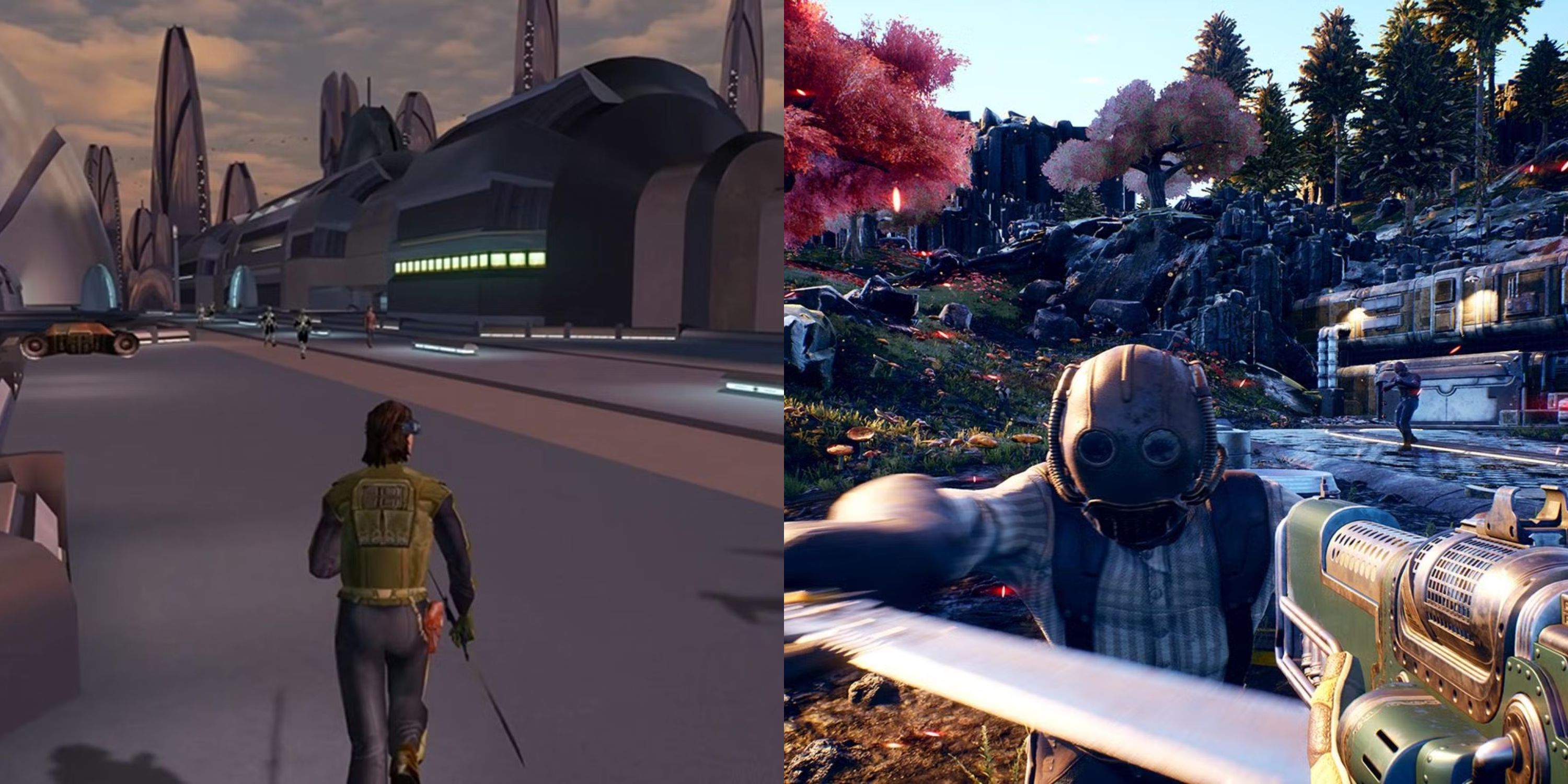
Next
6 Best RPGs Set in Space
From corporate dystopias to galaxy-spanning wars, these space RPGs offer rich stories, tough choices and endless stars to explore.


